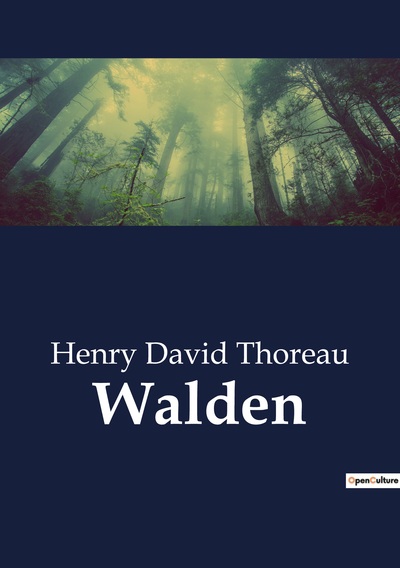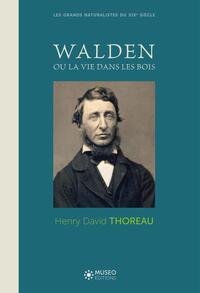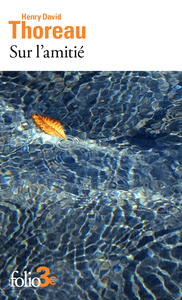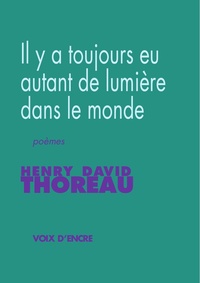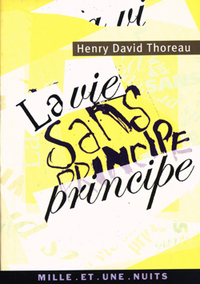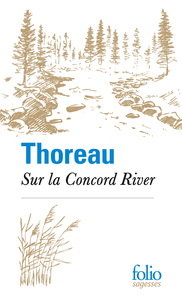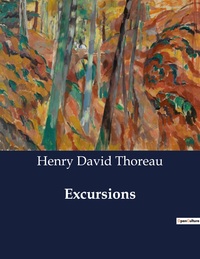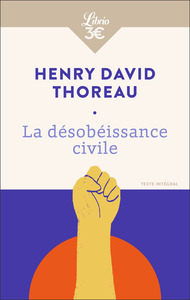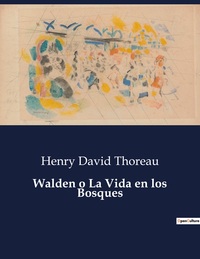Nous utilisons des cookies pour améliorer votre expérience. Pour nous conformer à la nouvelle directive sur la vie privée, nous devons demander votre consentement à l’utilisation de ces cookies. En savoir plus.
Walden
EAN : 9791041807611
Édition papier
EAN : 9791041807611
Paru le : 19 juil. 2023
22,90 €
21,71 €
Disponible
Pour connaître votre prix et commander, identifiez-vous
Notre engagement qualité
-
 Livraison gratuite
Livraison gratuite
en France sans minimum
de commande -
 Manquants maintenus
Manquants maintenus
en commande
automatiquement -
 Un interlocuteur
Un interlocuteur
unique pour toutes
vos commandes -
 Toutes les licences
Toutes les licences
numériques du marché
au tarif éditeur -
 Assistance téléphonique
Assistance téléphonique
personalisée sur le
numérique -
 Service client
Service client
Du Lundi au vendredi
de 9h à 18h
- EAN13 : 9791041807611
- Réf. éditeur : 291950
- Date Parution : 19 juil. 2023
- Disponibilite : Disponible
- Barème de remise : NS
- Nombre de pages : 342
- Format : H:210 mm L:148 mm E:19 mm
- Poids : 443gr
- Résumé : Walden is one of the more famous transcendentalist tracts in modern American literature. First published in 1854, Walden is an account of Thoreau's famous experiment in solitude: spending over two years alone in a cabin near the wilderness. Walden is broken into sections that meditate on single themes: economy, reading, sounds, solitude, visitors, and so on. The style is complex, weaving back and forth between simple, home-spun prose and complex allegory, metaphor, and allusion. This makes Walden an interesting read because while it may seem accessible on the surface, it's a book that requires deep and repeated reading to fully appreciate its many complexities. Walden is a book by American transcendentalist writer Henry David Thoreau. The text is a reflection upon the author's simple living in natural surroundings. The work is part personal declaration of independence, social experiment, voyage of spiritual discovery, satire, and—to some degree—a manual for self-reliance. Walden details Thoreau's experiences over the course of two years, two months, and two days in a cabin he built near Walden Pond amidst woodland owned by his friend and mentor Ralph Waldo Emerson, near Concord, Massachusetts. Thoreau makes precise scientific observations of nature as well as metaphorical and poetic uses of natural phenomena. He identifies many plants and animals by both their popular and scientific names, records in detail the color and clarity of different bodies of water, precisely dates and describes the freezing and thawing of the pond, and recounts his experiments to measure the depth and shape of the bottom of the supposedly "bottomless" Walden Pond. There has been much speculation as to why Thoreau went to live at the pond in the first place. E. B. White stated on this note, "Henry went forth to battle when he took to the woods, and Walden is the report of a man torn by two powerful and opposing drives—the desire to enjoy the world and the urge to set the world straight", while Leo Marx noted that Thoreau's stay at Walden Pond was an experiment based on his teacher Emerson's "method and of nature" and that it was a "report of an experiment in transcendental pastoralism". Likewise, others have assumed Thoreau's intention during his time at Walden Pond was "to conduct an experiment: Could he survive, possibly even thrive, by stripping away all superfluous luxuries, living a plain, simple life in radically reduced conditions?" He thought of it as an experiment in "home economics". Although Thoreau went to Walden to escape what he considered "over-civilization", and in search of the "raw" and "savage delight" of the wilderness, he also spent considerable amounts of his time reading and writing. Thoreau used his time at Walden Pond (July 4, 1845 - September 6, 1847) to write his first book, A Week on the Concord and Merrimack Rivers (1849). The experience later inspired Walden, in which Thoreau compresses the time into a single calendar year and uses passages of four seasons to symbolize human development. By immersing himself in nature, Thoreau hoped to gain a more objective understanding of society through personal introspection. Simple living and self-sufficiency were Thoreau's other goals, and the whole project was inspired by transcendentalist philosophy, a central theme of the American Romantic Period.
- Biographie : Né en 1817 à Concord, Massachusetts. Après avoir été pendant quelques temps maître d'école dans sa ville natale, fait la connaissance d'écrivains et de poètes (Nathaniel Hawthorne, Emerson). En 1860, après une vie partagée entre l'écriture, les vagabondages, la petite entreprise familiale de crayons et les prises de position publiques en faveur des opprimés ou des anarchistes, Thoreau contracte la tuberculose et meurt à Concord en 1862, après que la guerre civile a éclaté.

